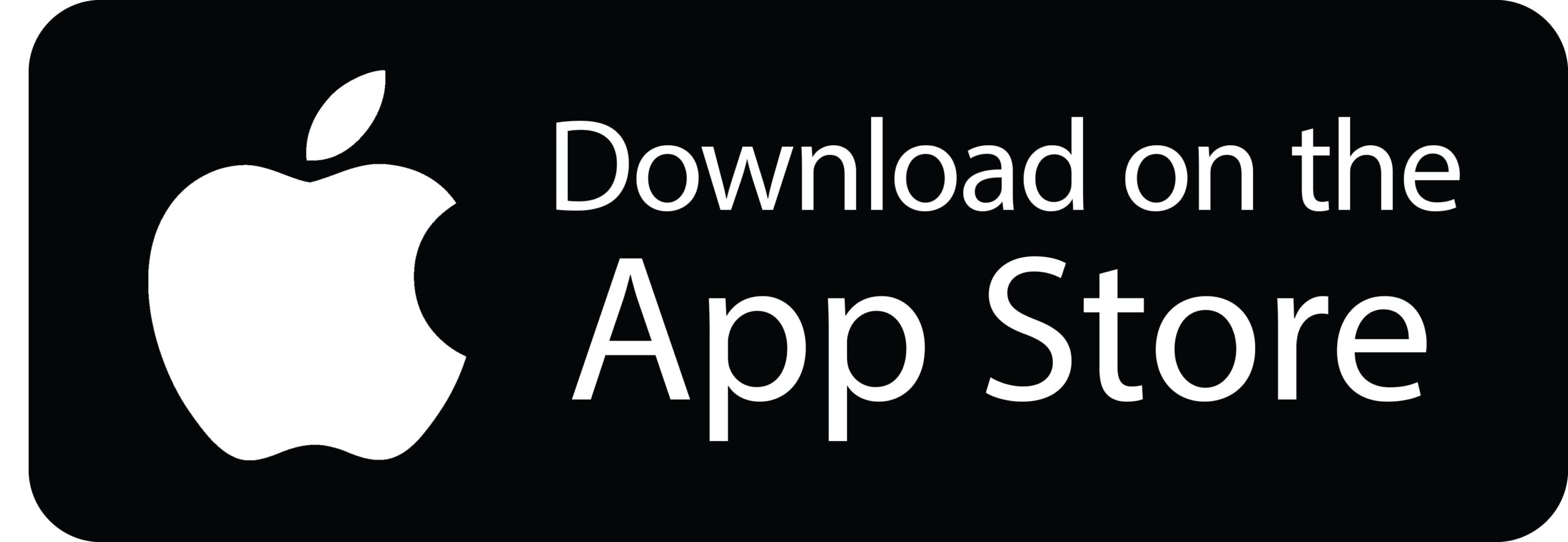Millions of Americans are dealing with debt overload every day. If you’re one of them struggling to pay your loans, credit cards or other bills, here are some steps you can take to begin getting out of debt.
1. List your debts. Experian.com makes some great suggestions on how to create a list of what you owe.
2. Determine how much you have to spend after expenses. Nerd Wallet’s 50/30/20 budget work sheet is a great place to start. Enter your monthly take-home income and expenditures for food, utilities, etc. Then include the debts you listed in Step 1. The leftover amount is what you can use for entertainment and to pay off your debt.
3. Choose either the “avalanche” or “snowball” methods to pay off debt. The “avalanche” method to repay debts involves paying off the highest interest debt first while the “snowball” method involves paying off the smallest debts first
4. Reduce the amount you pay in interest. If you have good credit, you can do this by negotiating with your lender for a lower interest rate. Another way to reduce interest rates is to take advantage of a balance transfer credit card. Finally, depending on what kind of debt you have, you may want to consider a debt consolidation loan.
5. Hide the credit cards! Or just don’t use your credit cards if you are disciplined enough. It is always harder to pay down your debt if you are adding to it!
6. Make more than the minimum payments each month. Great advice from Investopedia. Because paying more than the minimum will speed up the time it takes to get out of debt.
7. Reduce your expenses. Canceling a streaming service subscription, cutting back on gourmet coffee, and going out (even temporarily) can free up extra money you can use to reduce your debts.
8. Consider a debt repayment app. U.S. News and World Reports recommends apps like Undebt.it to help you track your debts and pay them down.
9. Sell unwanted items. Shops like Poshmark and TheRealReal specialize in consignement clothing while Facebook Marketplace and Craigslist are sites where you can sell other unwanted items for some extra cash.
10. Take on a side hustle. There are plenty of work-from-home gigs, plus other part-time gigs from the likes of Instacart and Uber. Don’t overdo it and get burned out. Even five hours a week can help improve your financial bottom line!
11. Get help from a credit counselor. We all need help, now and then. The National Foundation for Credit Counseling (NFCC) is a national network of nonprofit credit counseling organizations offering education and strategies to help you reduce your debt.
In conclusion, breaking free from the burden of debt requires a strategic and disciplined approach. Remember, it’s not just about cutting back but it’s also about finding additional sources of income, such as a side hustle or interest rate reduction. With commitment and the right tools, you can take charge of your financial future and emerge from the cycle of debt stronger than ever.
This article may reference and link to third party information that has been verified to the best of our abilities. There is no guarantee of accuracy. Heartland Bank does not endorse companies, services, or products referenced in its articles and is not responsible for the content, links, privacy, or security policies of these third parties. Information in the above article may include material from Experian (https://www.experian.com/blogs/ask-experian/credit-education/how-to-get-out-of-debt/), Nerd Wallet (https://www.nerdwallet.com/article/finance/tips-for-paying-off-debt-from-people-who-did-it), U.S. News and World Report (https://money.usnews.com/money/personal-finance/debt/articles/easy-ways-to-pay-off-debt), Investopedia (https://www.investopedia.com/personal-finance/digging-out-of-debt/), Undebt.it (https://undebt.it/), Poshmark (https://poshmark.com/), The Real Real (https://www.therealreal.com/), Facebook Marketplace (https://www.facebook.com/marketplace/), Craigslist (https://www.craigslist.org/about/sites), Instacart (https://www.instacart.com/), Uber (https://www.uber.com/) and The National Foundation for Credit Counseling (https://www.nfcc.org/).
This content is for informational purposes only. Readers should under no circumstances rely upon this information as a substitute for their own research or for obtaining specific advice from their own counsel.

